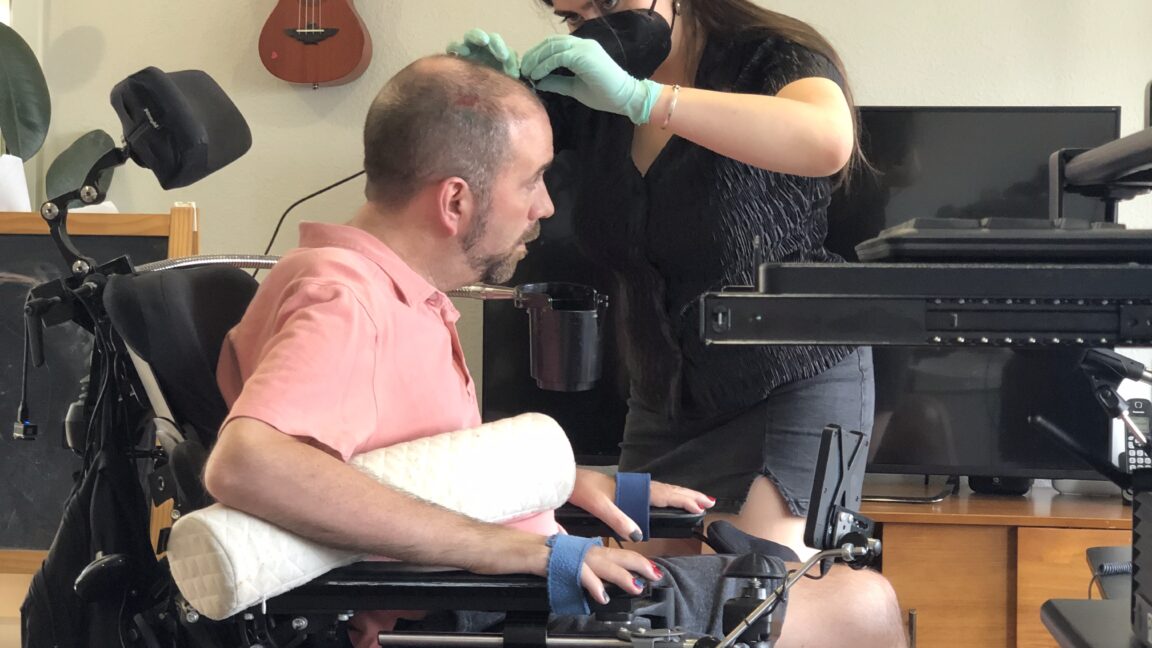
""Our main goal is creating a flexible speech neuroprosthesis that enables a patient with paralysis to speak as fluently as possible, managing their own cadence, and be more expressive by letting them modulate their intonation," says Maitreyee Wairagkar, a neuroprosthetics researcher at UC Davis who led the study."
"The recent brain-computer-interface devices had significant latency, restricting users to predefined vocabulary, which hindered their ability to express subtleties of spoken language."
After Stephen Hawking's innovative communication methods, a new era of brain-computer-interface (BCI) technology is emerging, enabling faster and more expressive speech. Researchers at UC Davis developed a neural prosthesis capable of translating brain signals directly into phonemes and words, moving beyond the limitations of previous systems that relied on text-based output. This technology allows individuals with paralysis to not only articulate words but also manage their speech dynamics, improving their ability to communicate fluently and expressively.
#neuroprosthetics #brain-computer-interface #communication-technology #assistive-technology #speech-synthesis
Read at Ars Technica
Unable to calculate read time
Collection
[
|
...
]